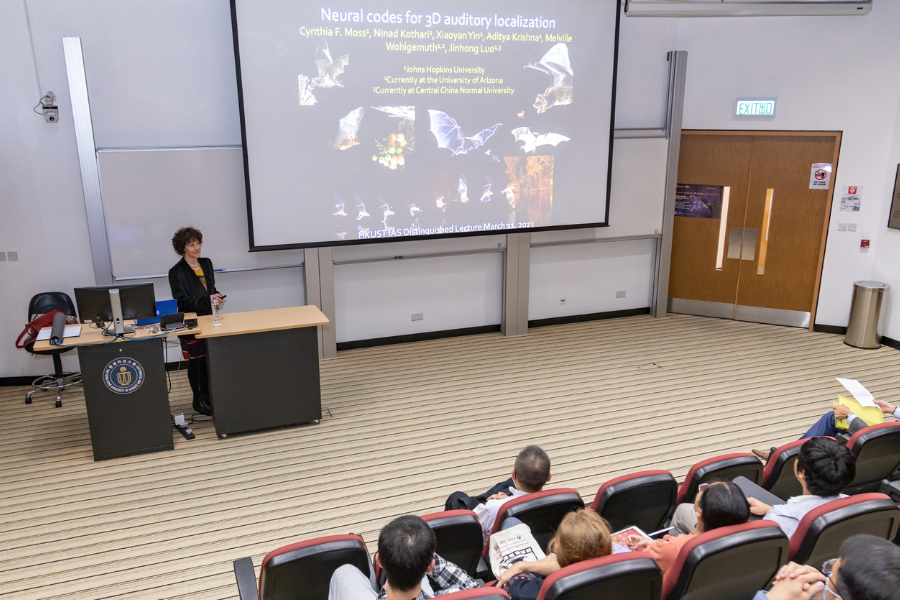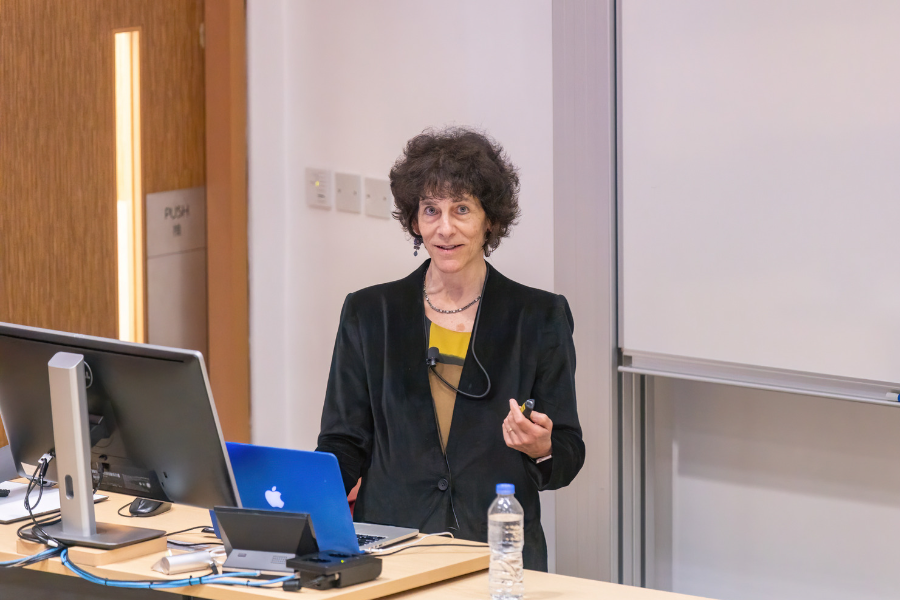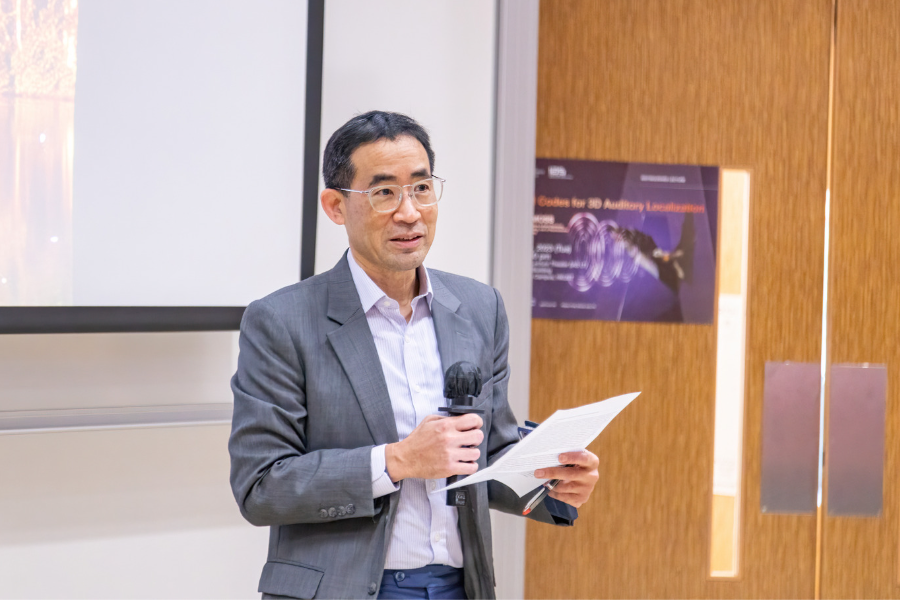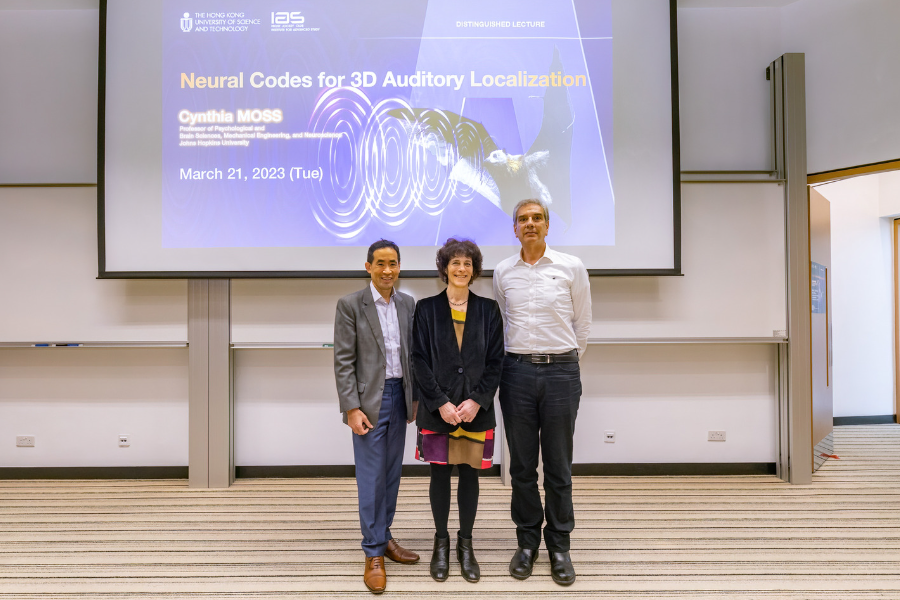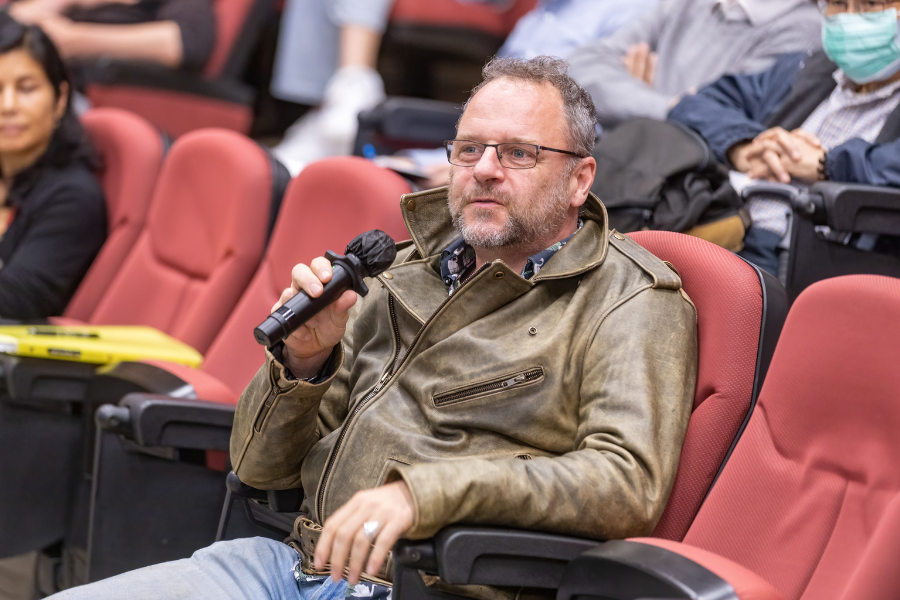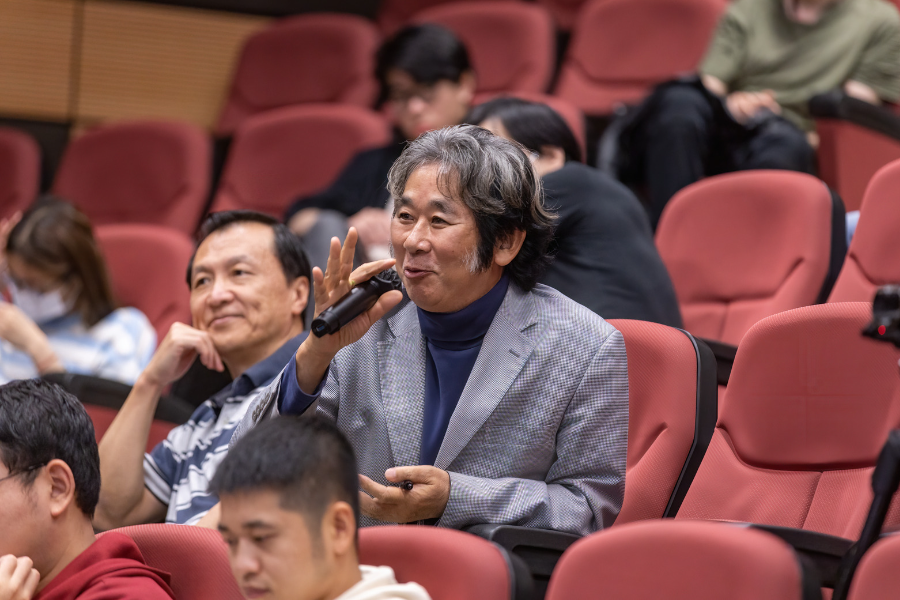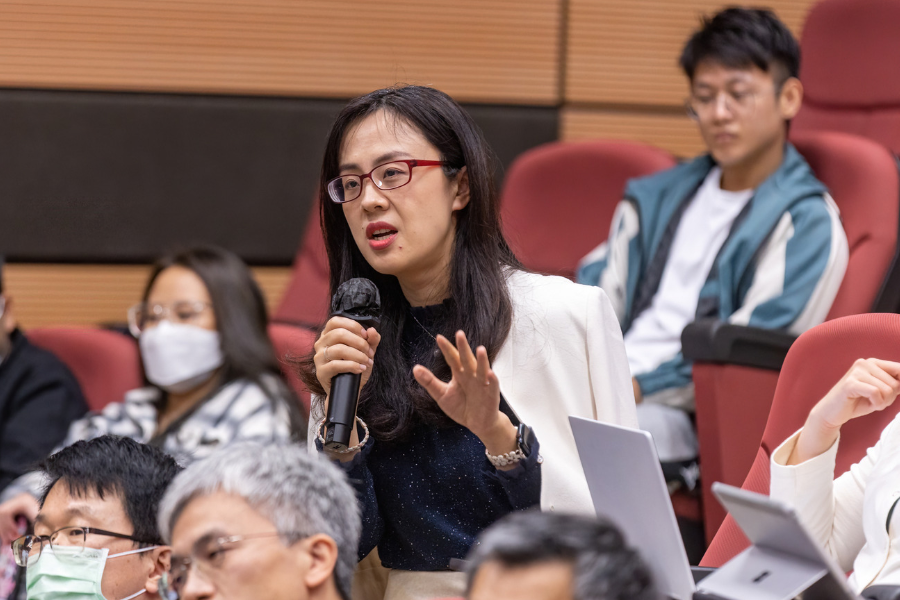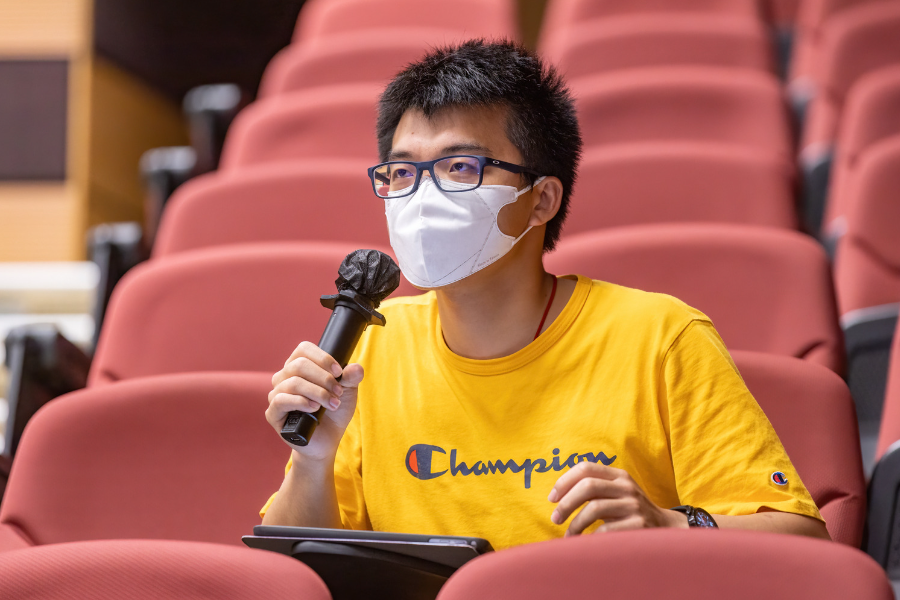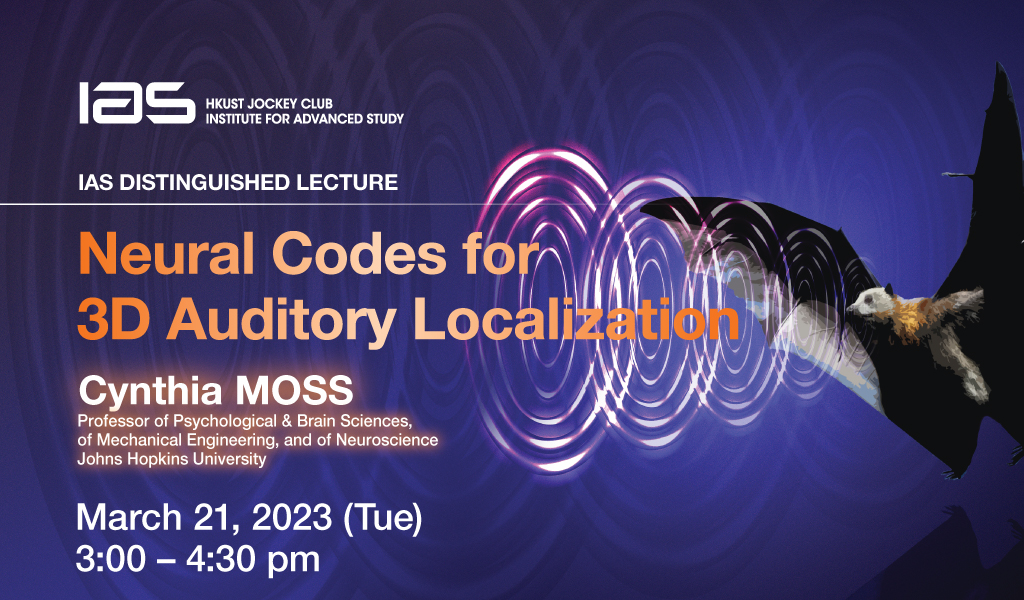Neural Codes for 3D Auditory Localization
Abstract
As humans and other animals move through the natural environment, the distance and direction to objects change, invoking the need to rapidly encode dynamic information about 3D natural scenes in egocentric coordinates. Animals that rely on active sensing provide powerful research models to investigate the neural underpinnings of 3D scene representation, as they produce the very signals that yield sensory input, which then guide motor actions. Echolocating bats, for example, compute the direction of objects from differences in echo intensity, spectrum, and timing at the two ears, and they estimate their distance to objects from the time delay between sonar calls and echo returns. Further, the bat adapts its echolocation behavior in response to 3D spatial information computed from echo returns, and therefore, the directional aim and temporal patterning of the bat’s calls provide a window to its attention to objects in the environment. This talk will summarize three new findings on neural mechanisms of 3D auditory localization in the big brown bat, Eptesicus fuscus. 1) Echo-delay tuned neurons in the midbrain of the freely flying bat show 3D spatial tuning to echoes from physical objects, and sonar-guided attention evokes sharper echo delay tuning and shifts to shorter echo delays. 2) Local field potential recordings from auditory midbrain neurons in the passively listening bat encode the time interval between call-echo pairs in the microsecond range, which aligns with high resolution behavioral performance data. 3) A population of hippocampal CA1 neurons encodes the distance of sonar objects in egocentric coordinates, implicating this brain structure in time-space computations. Collectively, these findings serve to bridge results from behavioral and neurophysiological studies and demonstrate that 3D auditory spatial coding operates through networks of neurons across midbrain and telencephalic brain regions.
About the Speaker
Prof. Cynthia Moss obtained her BS in Psychology with honors in Zoology from the University of Massachusetts, Amherst in 1979 and PhD in Experimental Psychology from Brown University in 1986. She was a Postdoctoral Fellow at the University of Tübingen (1985-1987) and a Research Fellow at Brown University (1987-1989) before accepting a faculty appointment at Harvard University, beginning in 1989. At Harvard, she received the Phi Beta Kappa Teaching Award (1992) and was named the Morris Kahn Associate Professor (1994). In 1995, she moved to the University of Maryland, where she was a Professor in the Department of Psychology and the Institute for Systems Research until 2014. Then she joined Johns Hopkins University and is currently a Professor of Psychological & Brain Sciences, of Mechanical Engineering, and of Neuroscience.
Prof. Moss’ research combines behavioral, neurobiological and computational studies to investigate scene perception, spatial attention, navigation and memory. She and her lab members have established methods to collect multi-channel wireless neural recordings from free-flying bats, which allows for the study of brain systems in animals engaged in natural behaviors. She has edited two books, Neuroethological Studies of Cognitive And Perceptual Processes (1996) and Echolocation in Bats and Dolphins (2002) and served as an Associate Editor of Behavioral Neuroscience, the Journal of the Acoustical Society of America, the Journal of the Acoustical Society of America Express Letters and the Proceedings of the Royal Society, B.
Prof. Moss was elected as a Fellow of the Acoustical Society of America (ASA) in 2001, the American Association for the Advancement of Science in 2012, and the International Society for Neuroethology in 2018. She is also a member of the Society for Neuroscience, the International Society for Neuroethology, and the Association for Research in Otolaryngology. She was awarded by ASA the Gallery of Acoustics Multimedia Presentation Prize in 2011 and the William and Christine Hartmann Prize in Auditory Neuroscience in 2017. In 2018, she received the Christopher Clavius Award and the James McKeen Cattell Award by the Association for Psychological Science, followed by the Alexander von Humboldt Research Prize (2019).
For Attendees' Attention
-
Seating is on a first come, first served basis.

